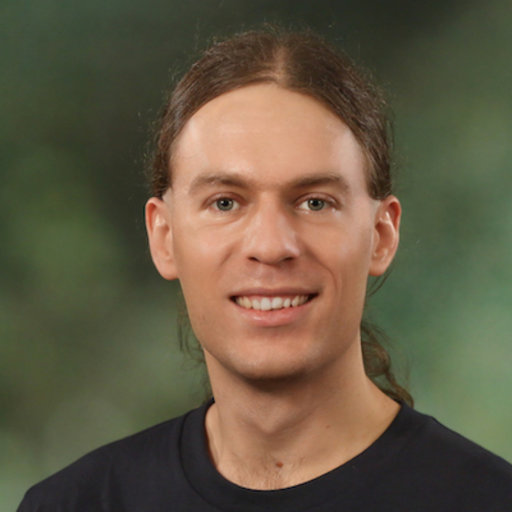Martin Kleppmann
Byzantine Fault Tolerance for Peer-to-Peer Collaboration Software
Thursday, 19 October 2023, 4 p.m., Tulla Hörsaal (CS, Geb. 11.40)
A recording of the talk can be found on our YouTube channel.
The presentation can be downloaded here.
Abstract: When developing web applications, the number one security rule is that the server should never trust anything it receives from clients. When developing peer-to-peer software, the equivalent rule is that a peer should never trust anything it receives from other peers. Unfortunately, many researchers working on peer-to-peer applications seem to have forgotten this rule. There have been efforts to build, for example, P2P equivalents of Google Docs, but they mostly assume trusted peers that correctly follow the protocol. A malicious peer can easily cause permanent inconsistencies in a document.
This talk will introduce our work-in-progress research on making collaboration software robust against malicious (Byzantine) peers. Hint: there are no consensus algorithms and no blockchains involved!

CV: Dr. Kleppmann (b. 1983) works at the intersection of distributed systems, security protocols, and database systems. His current focus is on decentralised collaboration and local-first software. In contrast to cloud-based collaboration software such as Google Docs, local-first software continues working if the company that made the software shuts down or if a user is locked out of their account. The local-first paradigm puts users in control of their own data and also enables better security and privacy through the use of end-to-end encryption.
After completing his undergraduate studies at the University of Cambridge, Dr. Kleppmann went into industry and co-founded two internet startups, one of which was acquired by LinkedIn. Drawing on his experience building scalable data systems in Silicon Valley, he wrote the bestselling book “Designing Data-Intensive Applications” for O’Reilly. In 2015 he returned to Cambridge, where he obtained his PhD and was awarded a Leverhulme Trust research fellowship. In 2022 he received a Volkswagen Foundation Freigeist Fellowship and moved to TUM.
